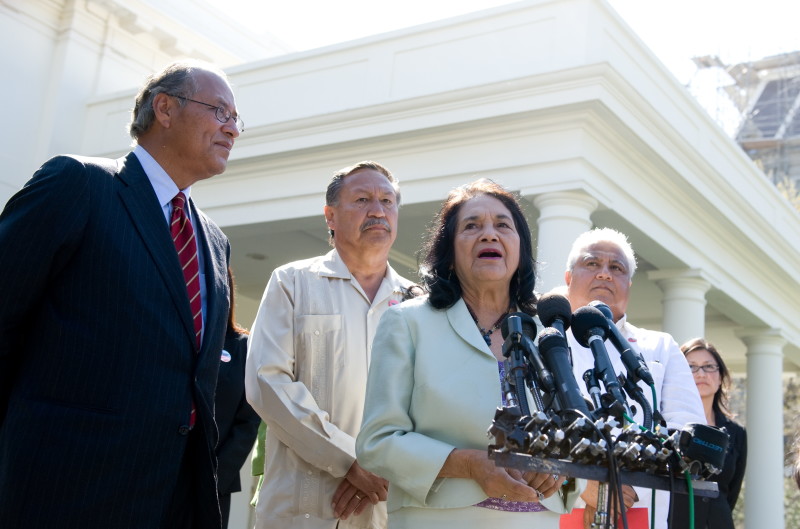“We've been frustrated in not really receiving focused concerns,” he says.
The archbishop of Los Angeles would like to take some credit for the resistance. His staff ramped up advocacy efforts recently, urging Southern California lawmakers on the health committee to reject the bill, mainly on socio-economic grounds rather than religious concerns.
“How is that going to impact the poor here, how is that going to impact people of color?” said Andrew Rivas, director of the office of government for the Archdiocese of Los Angeles.
He says the church fears low-income people will be pressured into taking life-ending drugs instead of pursuing more expensive treatments that prolong life.
“We think that those decisions are going to be made on a financial basis, more than anything else,” he says.
Several of the holdouts on the health committee echoed these concerns, though none agreed to a formal interview. But Assemblymember Jimmy Gomez (D-Los Angeles) said in a statement that he was a primary caregiver to his father, an immigrant who spoke limited English, when he was dying of pancreatic cancer. Gomez said he wants to understand the impact the bill may have on low-income, minority communities.
“I understand the difficult choices families face when dealing with end-of-life decisions,” he said. “In addition to drawing from my personal experiences, I will continue reviewing the bill and its policy studies to come to a decision on SB 128.”
So now bill supporters are working to reframe physician-assisted suicide as a civil rights issue, soliciting help from Olmos and Huerta to push the legislation with Latinos.
“This bill will affirm a fundamental right for terminally ill and mentally competent patients to choose how their final days are lived,” Huerta said in a statement last week. “This is a basic civil rights issue offering a compassionate and dignified end-of-life choice that should be left between a patient and doctor.”
The Latino Caucus has not taken a position on the bill. But the group's chairman and Assembly co-author of SB 128, Luis Alejo, says families need more options. His own father has terminal cancer.
“Now that he's ill and he's in pain, I want to make sure his wishes are respected when that time comes,” he said. “This is about respecting the choices of the people we love the most.”
Seventy percent of Latinos support the bill, according to a telephone survey conducted for Compassion & Choices, an advocacy group that has vowed to sponsor a ballot measure in 2016 if the legislation fails.
But Monning says that route is not ideal.
“My fear with that option is, it would give voters a voice, but it would be thumbs up or thumbs down," he says. "In the Legislature, we are able to craft legislation that addresses specific concerns. If there are defects or we need to fine-tune, we can bring it back.”
SB 128 passed the full Senate in June and is scheduled to be heard in the Assembly Health Committee on July 7. If it passes, it goes next to the Assembly Judiciary Committee, then Appropriations, then the Assembly floor. Gov. Jerry Brown has not indicated whether he would sign or veto the bill.
